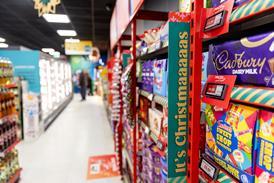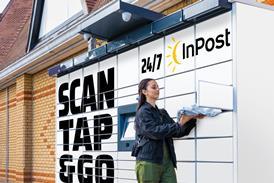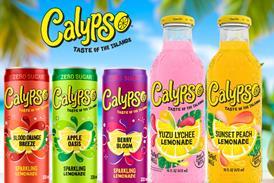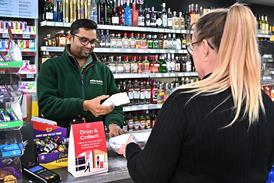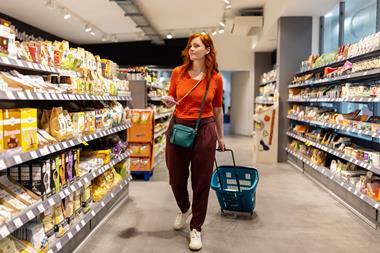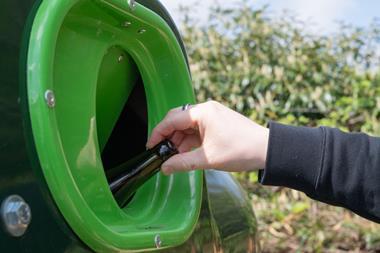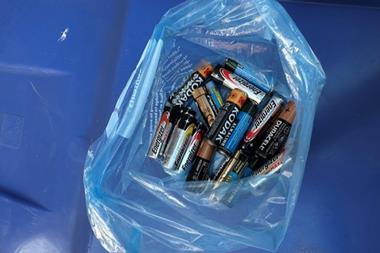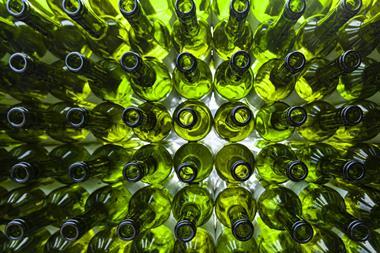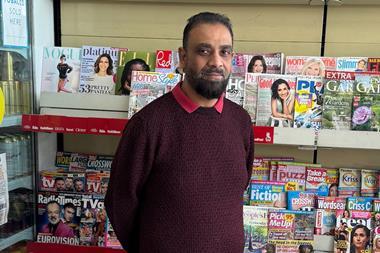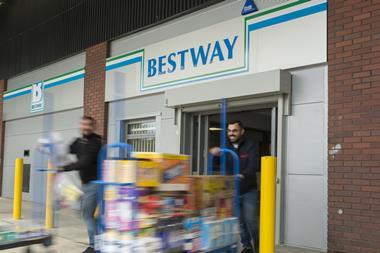Where should you be looking for international innovation?
By Jerry Marwood 2024-07-09T07:54:00

Jerry Marwood looks at international convenience store innovations that would be a welcome sight in the UK
ALREADY HAVE A REGISTERED USER ACCOUNT? PLEASE LOG IN HERE
To read the full story join the ConvenienceStore.co.uk community today!
Registration is quick and easy and provides access to:
- Unlimited ConvenienceStore.co.uk articles
- Our great range of newsletters
- Content you’ve saved for later via the ‘my library’ feature
And much more…
Related articles
More from Have Your Say
Unlimited Access + Newsletters
Register today to gain unlimited access to articles and to receive our great range of email newsletters.

